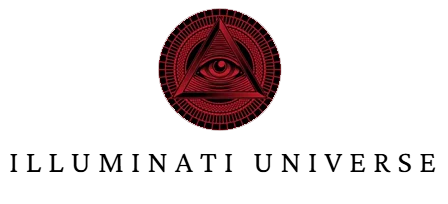The concept of the Illuminati has captivated the public imagination for centuries, evolving from historical roots into a multifaceted symbol within popular culture. This blog post delves into the origins, representations, and lasting influence of the Illuminati across various cultural landscapes.
The Origins of the Illuminati
The term “Illuminati” originally referred to the Bavarian Illuminati, a secret society founded in 1776 by Adam Weishaupt. This group aimed to promote Enlightenment ideals, advocating for reason, science, and secularism. Although it was disbanded in the late 1780s, the mystique surrounding the Illuminati persisted, giving rise to numerous conspiracy theories suggesting that an elite group continues to manipulate world events from the shadows.
The Illuminati in Popular Culture
Literature and Film
The Illuminati has become a staple in literature and film, often portrayed as a powerful cabal controlling governments and shaping society. Dan Brown’s Angels & Demons is a prime example, blending historical intrigue with thrilling fiction, which has sparked renewed interest in the Illuminati. Movies like The Da Vinci Code and the National Treasure series further popularize the idea of hidden knowledge and secret societies, captivating audiences with the thrill of the chase for truth.
Music
In the music industry, the Illuminati is frequently referenced, with artists like Jay-Z, Beyoncé, and Madonna often linked to the society through their lyrics and imagery. These references can evoke a sense of rebellion against mainstream culture, as artists use the concept to challenge societal norms and provoke thought about power dynamics in the music business.
Video Games and Online Communities
Video games have also embraced the Illuminati, with titles like Assassin’s Creed and Deus Ex incorporating themes of secret organizations and hidden agendas. Online communities and forums discuss theories and interpretations, fostering a space for conspiracy enthusiasts to connect and share ideas, further amplifying the Illuminati’s cultural resonance.
The Symbolism of the Illuminati
The symbolism associated with the Illuminati, particularly the all-seeing eye and pyramids, has permeated various facets of modern life. These symbols often represent knowledge, enlightenment, and the quest for truth, resonating with individuals seeking deeper meaning in a complex world. They serve as a reminder of the duality of knowledge—both a source of empowerment and a potential tool for manipulation.
The Impact on Society
The cultural impact of the Illuminati extends beyond entertainment; it influences public perception and discourse. The fascination with secret societies reflects a broader skepticism about authority and power structures. As people search for explanations for global events, the Illuminati serves as a convenient narrative, allowing individuals to make sense of a chaotic world.
Conclusion
The Illuminati universe is a rich tapestry woven from history, symbolism, and cultural representation. Its enduring appeal lies in our collective curiosity about hidden truths and the dynamics of power. Whether viewed as a legitimate historical phenomenon or a symbol of conspiracy, the Illuminati continues to provoke thought and inspire creativity. As we explore this intriguing concept, we are reminded of the importance of critical thinking and the quest for knowledge in our ever-evolving society.
